Headquartered in Belgium, Sappi is a global leader in paper manufacturing with a strong sales network spanning Europe, Asia, and beyond. In an exclusive interaction with Paper Mart, Mr. Wolfgang Albrecht, Sales Manager India, Sappi Europe, highlighted the company’s strong growth potential in India, particularly in functional papers and flexible packaging, with wet-strength labels emerging as a high-demand segment with limited competition. To support this growth, Sappi is expanding its barrier capacities through recent investments in barrier-coating at its Alfeld mill, while also adopting chlorine-free bleaching at its Ehingen mill. At the same time, the company is advancing recyclable premium packaging solutions and strengthening its specialty paper portfolio, charting a clear path toward sustainable packaging worldwide.
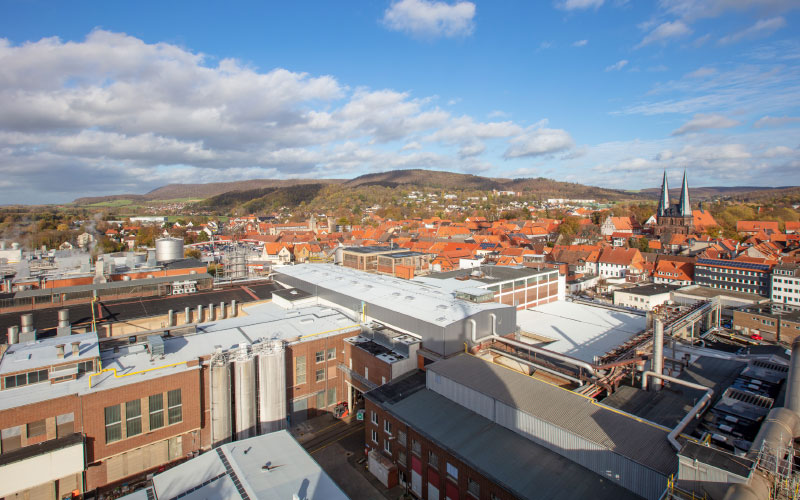
Paper Mart: Could you begin by giving us an overview of your packaging paper and board operations–including your production capacity, facility locations, and manufacturing setup?
Wolfgang Albrecht: Sappi’s Packaging & Speciality Papers (PSP) division is supported by state-of-the-art mills in Maastricht (NL), Alfeld (DE), Ehingen (DE), Carmignano (IT), and Gratkorn (AT). These sites produce premium paperboard, functional barrier papers, flexible packaging grades, label papers, and coated solutions for global markets. Each facility is equipped with modern technology to ensure consistent quality and sustainable production.
PM: Please walk us through your current product portfolio. What grades, GSM ranges, and end-use applications do you cater to, and are there any specialty packaging paper and board products you offer?
WA: Our portfolio includes high-end coated packaging papers, containerboard, premium paperboard (Algro Design), functional barrier papers as plastic alternatives, flexible packaging grades, and wet-strength label papers. Applications range from food and beverage packaging to FMCG, pharmaceuticals, labels, and premium consumer goods.
Watch: In Pursuit of Lesser Water Footprint
PM: Which are your key domestic and international markets? How has your market footprint evolved in the past few years?
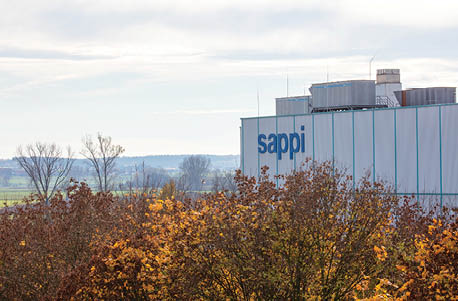
WA: Sappi serves customers worldwide through a sales network in Europe, Asia, and beyond. In India, demand is growing for functional papers and flexible packaging as companies prepare for a shift away from plastics. Wet-strength labels are particularly relevant in the beverage sector, representing a large market with limited competition.
PM: Sustainability is becoming a cornerstone of packaging. What steps have you taken to integrate environmentally responsible practices into your manufacturing and sourcing?
WA: All Sappi PSP products are recyclable and made from renewable raw materials with FSC certification. Functional papers reduce the need for plastic films or laminations. Our Ehingen mill uses chlorine-free bleaching, and we have invested in barrier-coating capacity at Alfeld to support sustainable packaging solutions.
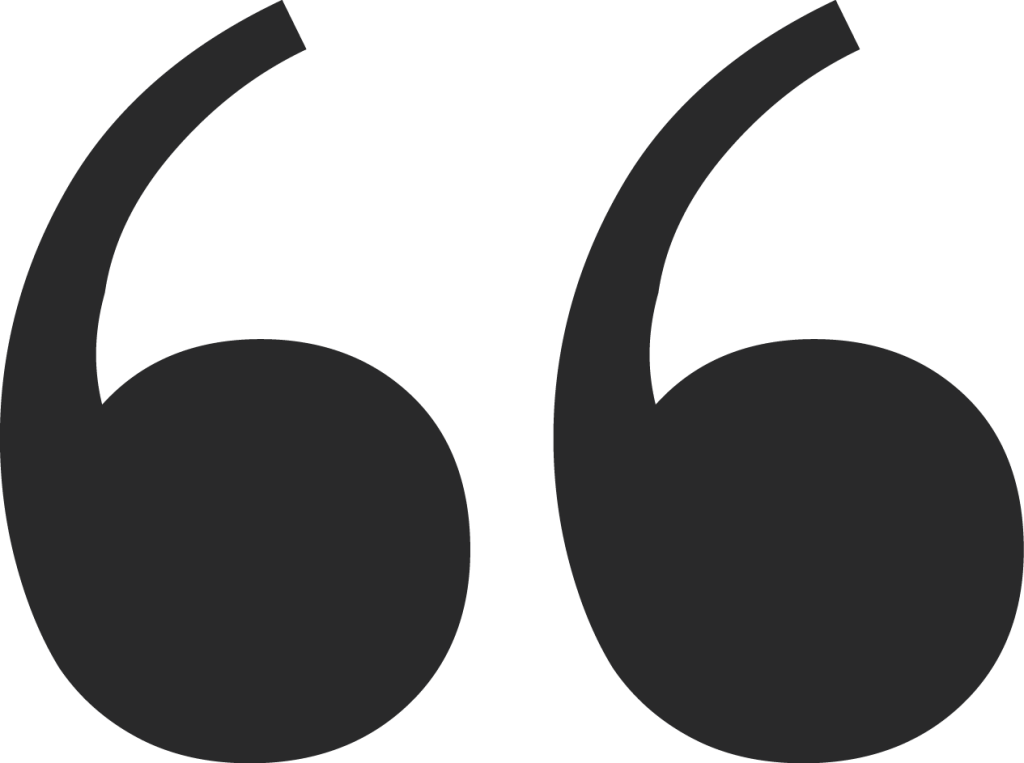
The growth of e-commerce and FMCG has accelerated demand for durable, sustainable packaging. Barrier papers, flexible packaging, and wet-strength labels have become more important as brands seek solutions that combine performance, recyclability, and compliance with international standards.
PM: How has demand for packaging paper and board evolved post-COVID and amid growing e-commerce and FMCG consumption? Which segments are currently driving the most growth for you?
WA: The growth of e-commerce and FMCG has accelerated demand for durable, sustainable packaging. Barrier papers, flexible packaging, and wet-strength labels have become more important as brands seek solutions that combine performance, recyclability, and compliance with international standards.
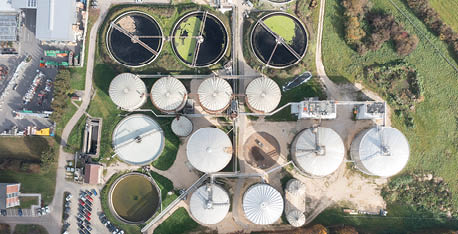
PM: According to recent global market data, the packaging paper and board market is projected to grow steadily through 2033. How are you positioning your business to tap into this rising global demand?
WA: Sappi is scaling capacity in barrier and functional papers, innovating in recyclable premium packaging, and strengthening its specialty paper portfolio. Previous investments at Alfeld and Maastricht mills were designed to meet the demand growth, while supporting customers in their transition to plastic-free packaging.

Sappi is scaling capacity in barrier and functional papers, innovating in recyclable premium packaging, and strengthening its specialty paper portfolio.
PM: What are some of the most significant technological upgrades or process improvements you’ve made recently in your mills to enhance quality, reduce waste, or optimize energy usage?
WA: Recent investments include expanding barrier-coating capacity at Alfeld mill and adopting chlorine-free bleaching at Ehingen. Continuous upgrades in efficiency, automation, and coating technology ensure that Sappi delivers consistent quality while meeting customer and regulatory expectations.
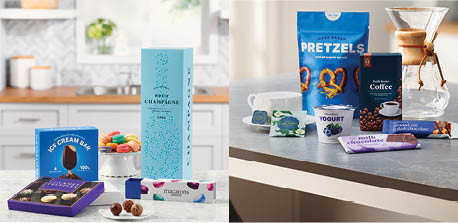
PM: Are you seeing a shift in customer preference toward higher-strength or lightweight packaging paper and board variants? How are you balancing performance with cost-efficiency in product development?
WA: We see growing demand for lightweight yet high-strength papers that reduce material use without compromising performance. Sappi supports this by combining technical expertise with woodfibre-based solutions, so customers can balance cost-efficiency with functionality and sustainability.

All Sappi PSP products are recyclable and made from renewable raw materials with FSC certification.
PM: What are the major challenges you currently face as a packaging paper and board manufacturer– be it raw material volatility, energy costs, logistics, or regulatory changes? How are you navigating them?
WA: The industry faces rising raw material and energy costs, logistics constraints, and stricter regulations. Sappi addresses these challenges through operational efficiency, supply-chain resilience, and a strong focus on innovation and sustainability. Long-term partnerships and a diversified product mix further reduce our risk exposure.
Also Read: Klabin Strengthens Its Containerboard Paper Production Chain With Robust Presence in Asia and Europe
PM: Looking ahead, what’s your strategic roadmap – capacity expansion, backward integration, export push, product diversification? How do you envision your mill’s role in the global packaging paper and board value chain in the next 5 years?
WA: Sappi will continue to lead in recyclable barrier papers, strengthen its premium board and flexible packaging offering, and support customers with certified, export-ready solutions. In India, we see strong opportunities in wet-strength labels and functional packaging grades, driven by both domestic demand and export requirements. Our roadmap ensures Sappi continues to play a leading role in advancing sustainable packaging worldwide.

In India, we see strong opportunities in wet-strength labels and functional packaging grades, driven by both domestic demand and export requirements.



